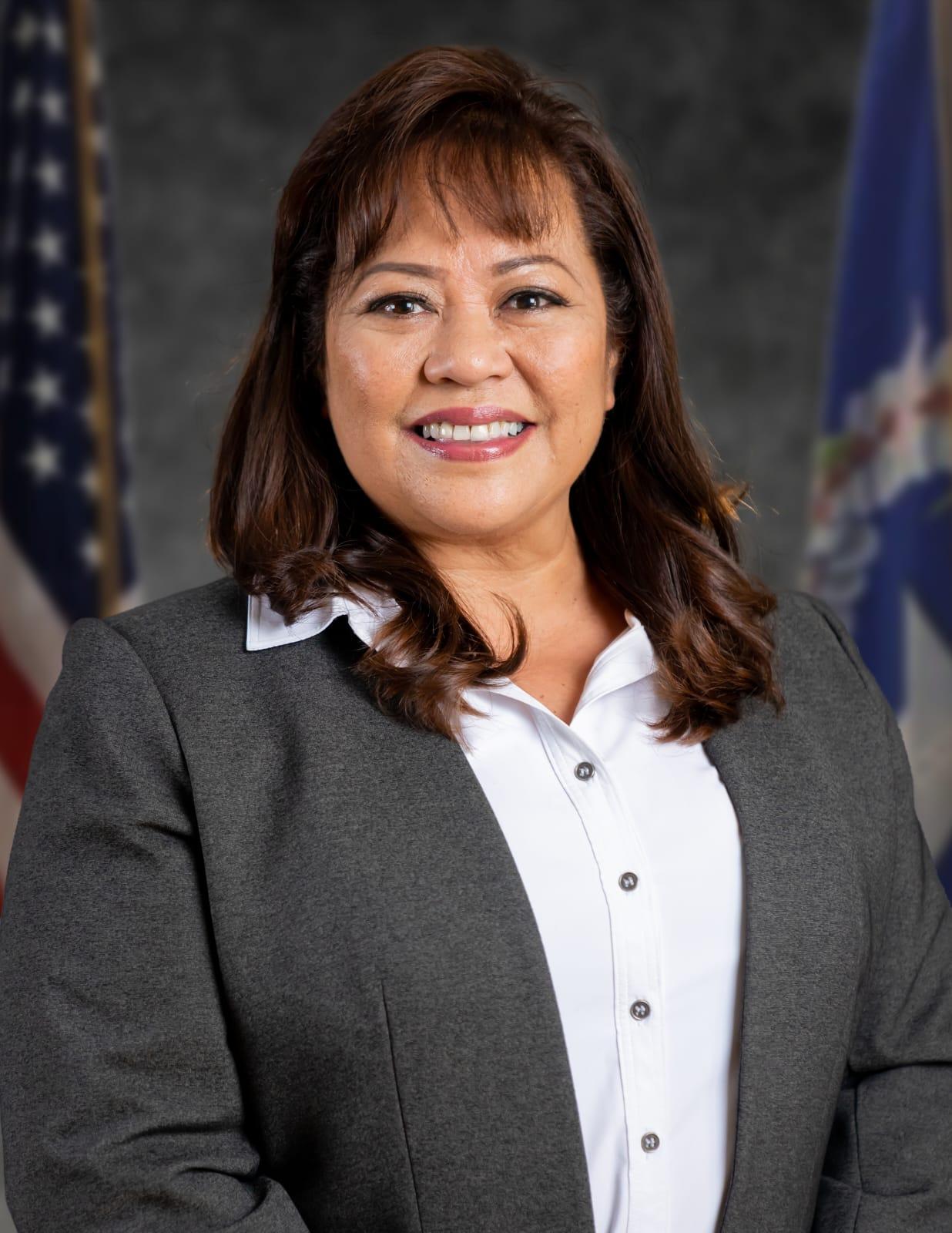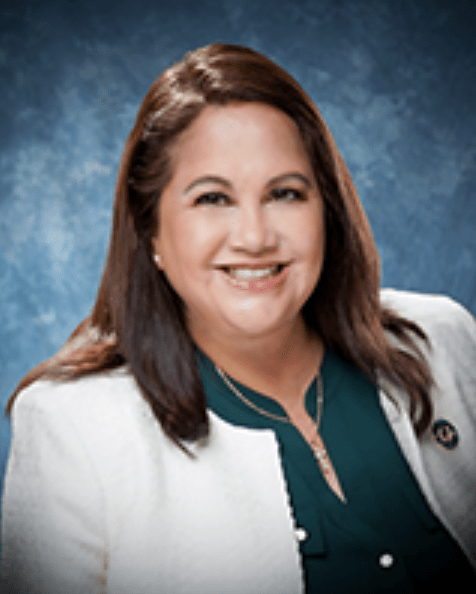
Insurance company AETNA International has agreed to a request by Saipan’s Celina Roberto Babauta to conduct an actuarial analysis “of the feasibility and sustainability of a regional insurance plan,” according to a letter the CNMI senator sent to AETNA’s president in Virginia. The company underwrites the CNMI government’s current group health and life insurance program, which may become victim to spending cuts needed in order to balance the budget for the remainder of this fiscal year and the next budget.
“I am particularly encouraged by your willingness to explore a TRICARE-inspired model that would benefit stakeholders throughout Micronesia, pro bono,” the senator wrote in her letter memorializing a March 14 meeting she had with AETNA and Pacific Insurance Underwriters, Inc. officials. “This regional approach holds immense promise for driving down insurance premiums for our constituents and mitigating the fiscal impact on member jurisdictions.”

Ms. Babauta is pushing for an ObamaCare-inspired universal coverage program that pools the U.S. territories and countries of Micronesia. Delegates from throughout the region adopted a resolution in October at the Association of Pacific Island Legislatures general assembly in Chuuk to explore such a program. Among its proponents is Tina Muna Barnes, vice speaker of the Guam Legislature.
“I requested for AETNA to conduct the feasibility study and fiscal impact for each of our member islands,” she informed the APIL delegates in an email today. “They are very receptive and have agreed to conduct an actuarial analysis pro bono.”
“Actuarial science is a discipline that assesses financial risks in the insurance and finance fields, using mathematical and statistical methods,” according to Investopedia. “Actuarial science applies the mathematics of probability and statistics to define, analyze, and solve the financial implications of uncertain future events.”
ObamaCare refers to the Patient Protection and Affordable Care Act of 2010, championed by then-President Barack Obama. The law’s short-term operation regulates the health insurance industry and mandates premium yet affordable care for people who otherwise would not have access to medical care. Its long-term goal is to lower the cost of medical and health care through disease prevention and nationwide efficiency in hospital and clinical services.
According to the U.S. Centers for Medicare and Medicaid Services (CMS), the CNMI “no longer operates a Consumer Assistance Program under the Affordable Care Act. The consumer protections and benefits of the Affordable Care Act still apply to you, however.”
The CNMI Department of Commerce and the CNMI State Medicaid Agency are listed as the two local agencies residents may call regarding their consumer protections and benefits under the ACA (“ObamaCare”).
Guam’s former governor, Eddie Calvo, chose not to opt in to ObamaCare’s so-called employer mandate, which is why the territory’s residents cannot enroll in the SHOP Marketplace in order to receive coverage under the national program and through local insurance companies. Mr. Calvo and other local officials later attempted to form a local mandate that essentially would have provided universal health coverage, however his term ran out and his successor, Lou Leon Guerrero, has thus far been unable to finish what he started.
Critics of the regional universal coverage proposal say such an idea is not economically feasible, as there are too few people with not enough income and too many health problems for a regional universal coverage system to work.



